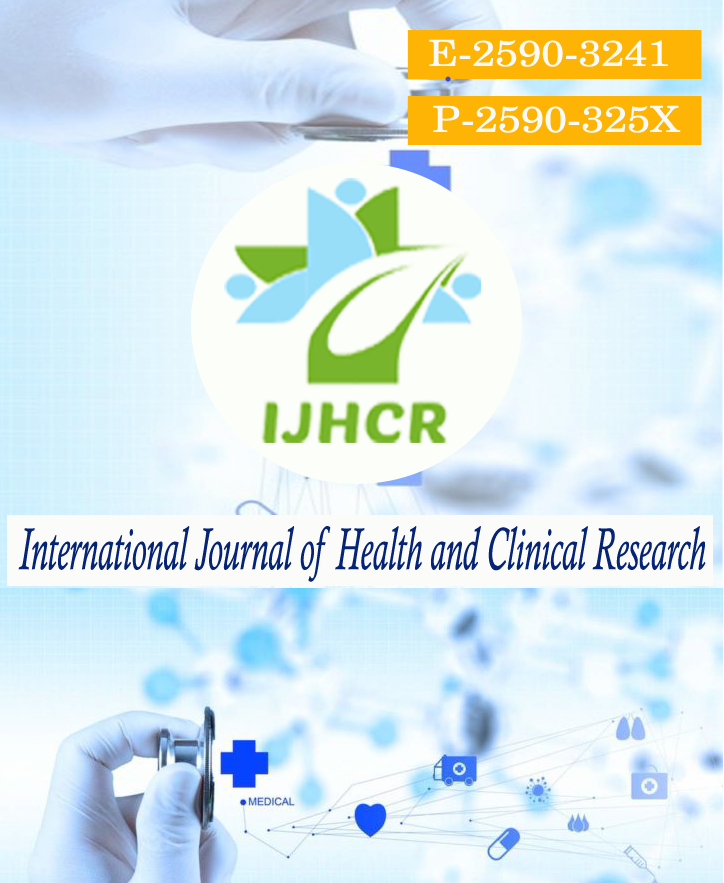
International Journal of Health and Clinical Research
Yazarlar: Indrajeet Kumar, Birendra Kumar
Konular:-
Anahtar Kelimeler:Cavity,Meatoplasty,Mastoid.
Özet: Objective: To find out the incidence of cavity problems after open cavity mastoidectomy and perioperative factors involved in the causation of cavity problems. Methods: This prospective observational study conducted in the Department of ENT, Nalanda Medical College and Hospital, Patna, Bihar, India for 15 months.Total 120 patients who came for open cavity mastoidectomy were included in this study and all those patients had undergone open cavity mastoidectomy. Results: The incidence of postoperative cavity problems in our study is 33.33%. Out of 40 patients who presented with cavity problems, 25 patients were males (62.5%) and 15 patients were females (37.5%). Maximum incidence of cavity problem was found between 31–40 years followed by 11-20 years and 41-50.Of the 40 patients with cavity problems, 72.5% were of sclerotic mastoid and 5% were of cellular mastoid and 22.5% were of diploeic mastoid. Of the 40 problem cavities, 38 had prolonged discharge from mastoid cavity as the main problem (95%). Accumulation of wax in the cavity was present in 13 cases (35.5%). Vertigo persisting beyond the immediate postoperative period was present in 9 cases (22.5%). Perichondritis of pinna was found in 2 case (5%). Persistence or/development of facial palsy in post- operative period was found in 9 cases (22.5%) and recurrent cholesteatoma was seen only in 6 cases (15%). 3 Cases had postoperative wound infection (7.5%). Conclusion: We conclude that the incidence of cavity problems according to the type of anaesthesia (general/local) Cavity problems was seen slightly more in sclerotic mastoids. Keywords: Cavity, Meatoplasty, Mastoid.